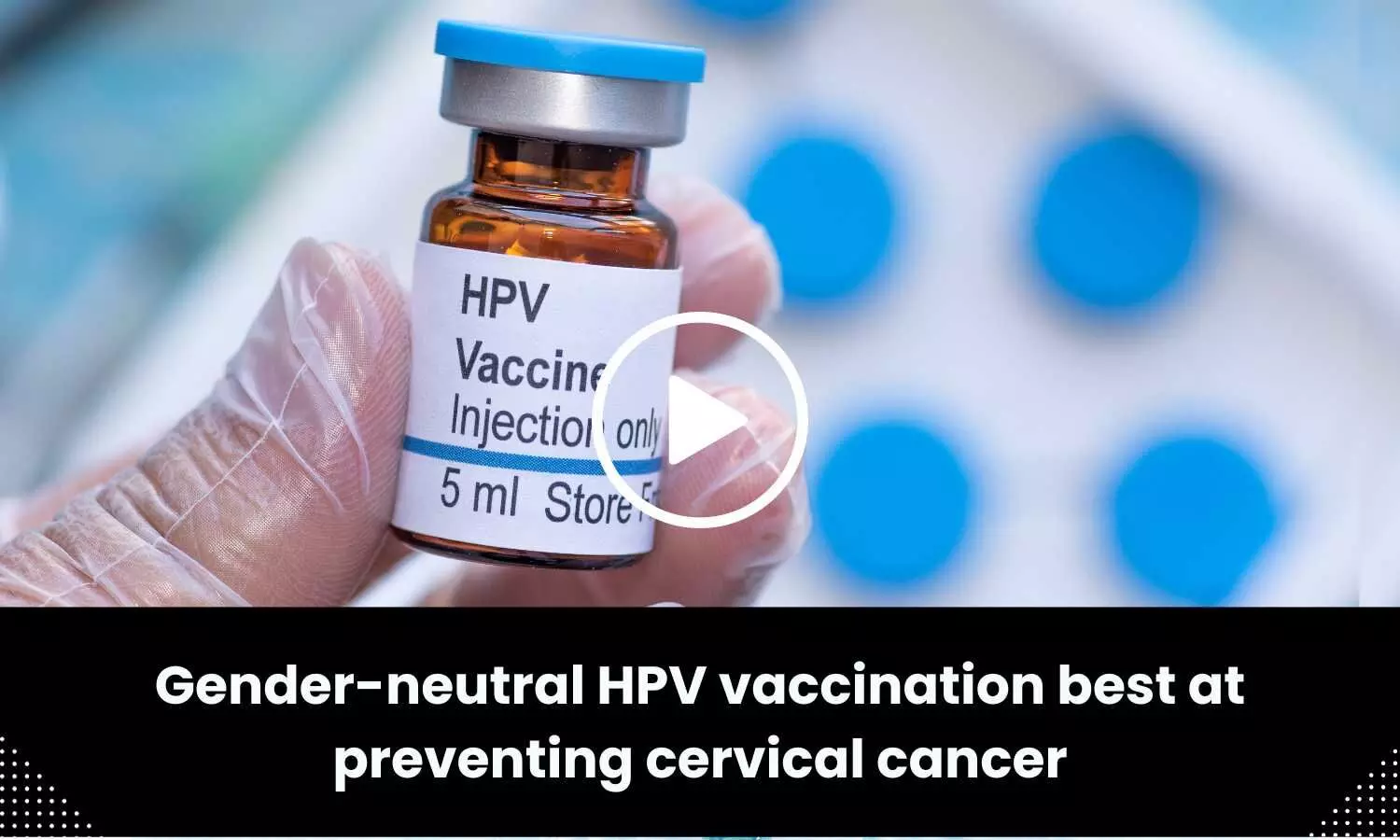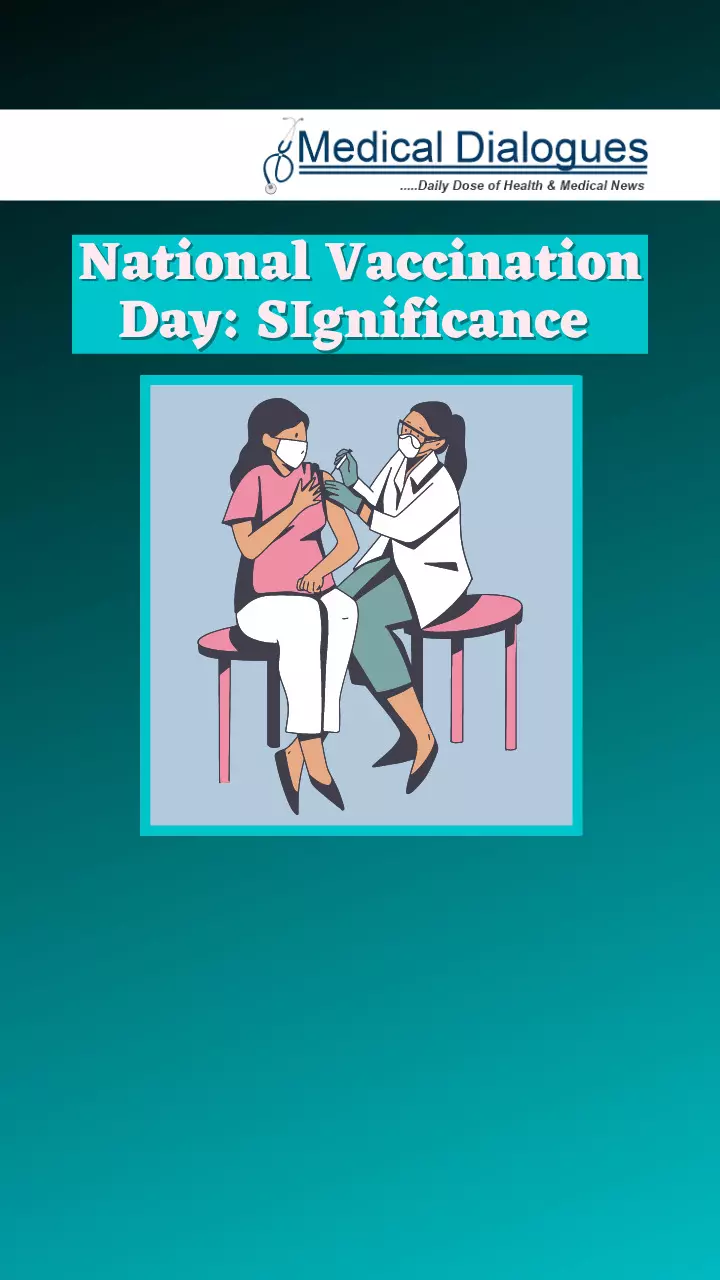- Home
- Medical news & Guidelines
- Anesthesiology
- Cardiology and CTVS
- Critical Care
- Dentistry
- Dermatology
- Diabetes and Endocrinology
- ENT
- Gastroenterology
- Medicine
- Nephrology
- Neurology
- Obstretics-Gynaecology
- Oncology
- Ophthalmology
- Orthopaedics
- Pediatrics-Neonatology
- Psychiatry
- Pulmonology
- Radiology
- Surgery
- Urology
- Laboratory Medicine
- Diet
- Nursing
- Paramedical
- Physiotherapy
- Health news
- Fact Check
- Bone Health Fact Check
- Brain Health Fact Check
- Cancer Related Fact Check
- Child Care Fact Check
- Dental and oral health fact check
- Diabetes and metabolic health fact check
- Diet and Nutrition Fact Check
- Eye and ENT Care Fact Check
- Fitness fact check
- Gut health fact check
- Heart health fact check
- Kidney health fact check
- Medical education fact check
- Men's health fact check
- Respiratory fact check
- Skin and hair care fact check
- Vaccine and Immunization fact check
- Women's health fact check
- AYUSH
- State News
- Andaman and Nicobar Islands
- Andhra Pradesh
- Arunachal Pradesh
- Assam
- Bihar
- Chandigarh
- Chattisgarh
- Dadra and Nagar Haveli
- Daman and Diu
- Delhi
- Goa
- Gujarat
- Haryana
- Himachal Pradesh
- Jammu & Kashmir
- Jharkhand
- Karnataka
- Kerala
- Ladakh
- Lakshadweep
- Madhya Pradesh
- Maharashtra
- Manipur
- Meghalaya
- Mizoram
- Nagaland
- Odisha
- Puducherry
- Punjab
- Rajasthan
- Sikkim
- Tamil Nadu
- Telangana
- Tripura
- Uttar Pradesh
- Uttrakhand
- West Bengal
- Medical Education
- Industry
High-Dose Recombinant Vaccine may Enhance Protection Against Influenza among Adults Aged 50-64

In a groundbreaking cluster-randomized observational study, Kaiser Permanente Northern California has unveiled compelling evidence supporting the superiority of a high-dose recombinant influenza vaccine over standard-dose egg-based vaccines. The study concluded that the high-dose recombinant vaccine was more protective than the standard egg-based vaccine.
The study was conducted during the 2018–2019 and 2019–2020 influenza seasons and involved a staggering 1,630,328 vaccinees aged 18 to 64 years.
The study results were published in The New England Journal of Medicine.
This cutting-edge research, driven by the imperative to evaluate the relative effectiveness of vaccine formulations, focused on adults aged 50 to 64 years—the primary target age group. The high-dose recombinant vaccine, known as Flublok Quadrivalent, contained an impressive three times the amount of hemagglutinin protein, a critical component for immune response, compared to conventional egg-based vaccines. Furthermore, the recombinant formulation demonstrated resilience against antigenic drift during manufacturing, a notable advantage in vaccine development. As there is uncertainty on the relative effectiveness of various vaccines, Kaiser Permanente Northern California facilities conducted a cluster-randomized observational study to evaluate the relative effectiveness of recombinant vaccines.
The study, employing a cluster-randomized design, saw Kaiser Permanente Northern California facilities alternate weekly between the high-dose recombinant vaccine and two standard-dose influenza vaccines. The primary outcome of interest was laboratory-confirmed influenza (A or B) identified through polymerase chain reaction (PCR) testing. Secondary outcomes encompassed influenza A and B subtypes, as well as influenza-related hospitalization rates. The results, unveiled after a meticulous analysis employing Cox regression, revealed a striking disparity in vaccine effectiveness between the two formulations.
Results:
- Among participants aged 50 to 64 years, the recombinant vaccine demonstrated a 15.3% higher relative effectiveness against PCR-confirmed influenza compared to standard-dose vaccines.
- This translates to a notable reduction in influenza cases, with 559 participants per 1000 testing positive in the recombinant-vaccine group, as opposed to 925 participants per 1000 in the standard-dose group.
- Notably, the heightened protection extended to specific influenza subtypes, with the recombinant vaccine exhibiting a 15.7% higher relative effectiveness against influenza A in the same age group.
- This robust efficacy against influenza A, a strain known for its severity, underscores the potential public health impact of adopting advanced vaccine formulations.
- However, while the high-dose recombinant vaccine emerged as a standout performer in preventing PCR-confirmed influenza, it did not demonstrate a significant advantage in protecting against influenza-related hospitalization when compared to standard-dose vaccines.
In conclusion, this comprehensive study underscores the substantial benefits of the high-dose recombinant influenza vaccine for adults aged 50 to 64 years. The threefold increase in hemagglutinin protein content and resistance to antigenic drift position the recombinant formulation as a frontrunner in influenza vaccine development. As the world grapples with evolving health challenges, research of this nature paves the way for enhanced protection against seasonal influenza, offering a glimmer of hope for a healthier and more resilient future.
Further reading: Recombinant or Standard-Dose Influenza Vaccine in Adults under 65 Years of Age. N Engl J Med 2023; 389:2245-2255. DOI: 10.1056/NEJMoa2302099
BDS, MDS
Dr.Niharika Harsha B (BDS,MDS) completed her BDS from Govt Dental College, Hyderabad and MDS from Dr.NTR University of health sciences(Now Kaloji Rao University). She has 4 years of private dental practice and worked for 2 years as Consultant Oral Radiologist at a Dental Imaging Centre in Hyderabad. She worked as Research Assistant and scientific writer in the development of Oral Anti cancer screening device with her seniors. She has a deep intriguing wish in writing highly engaging, captivating and informative medical content for a wider audience. She can be contacted at editorial@medicaldialogues.in.
Dr Kamal Kant Kohli-MBBS, DTCD- a chest specialist with more than 30 years of practice and a flair for writing clinical articles, Dr Kamal Kant Kohli joined Medical Dialogues as a Chief Editor of Medical News. Besides writing articles, as an editor, he proofreads and verifies all the medical content published on Medical Dialogues including those coming from journals, studies,medical conferences,guidelines etc. Email: drkohli@medicaldialogues.in. Contact no. 011-43720751




